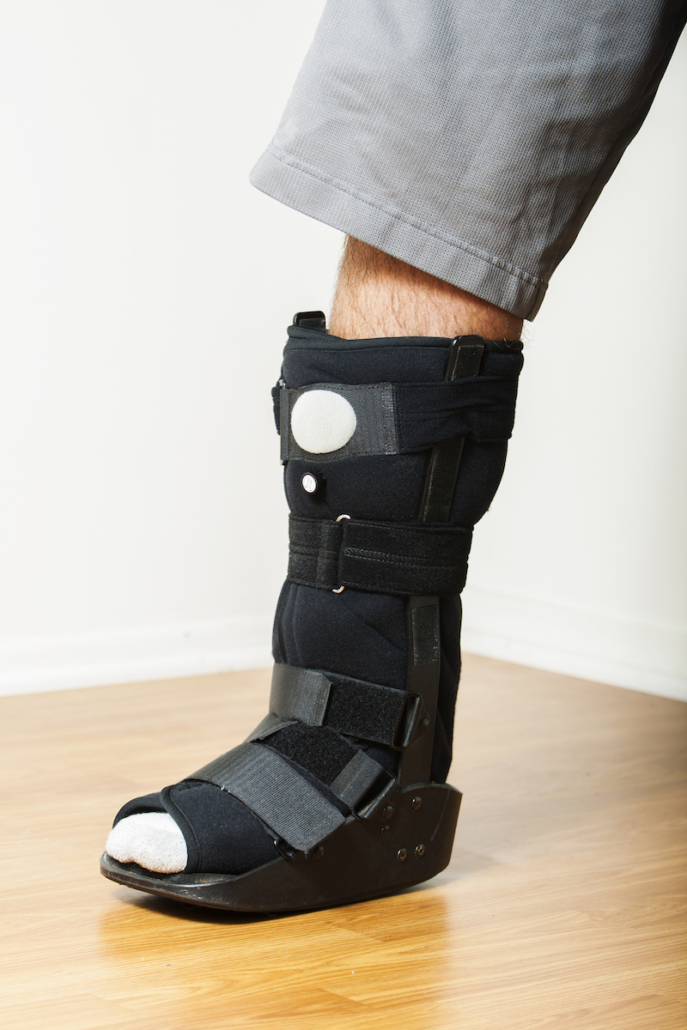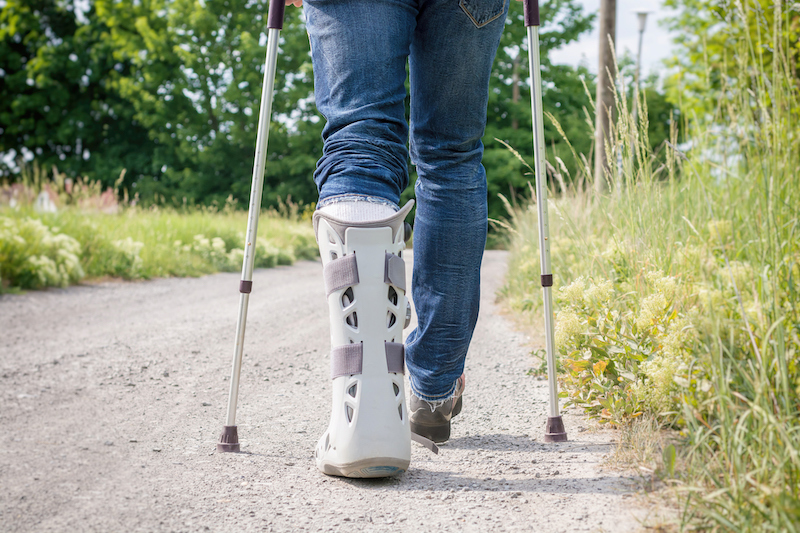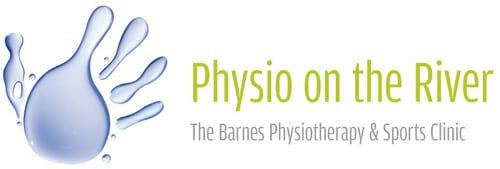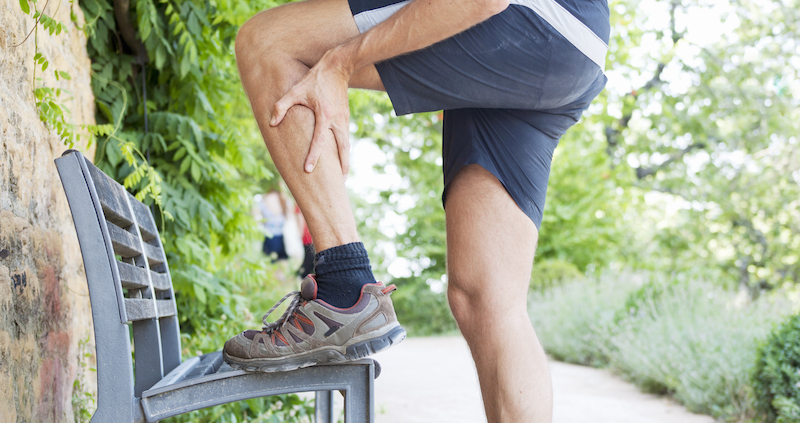Striving to be ‘well heeled’!
If you have visited the clinic recently you may have seen two of my Physio colleagues on crutches! Not a great advertisement for our profession.
As a clinician I think it helps to have gone through an injury or surgery yourself as it gives you a deeper understanding of both the physical and mental challenges a long period of rehab involves.
So when Richard broke the news to me that he was on crutches with a significant injury I thought it would be a good opportunity for him to diarise his recovery and share insights from both sides of the fence.
Read on to hear the first part of Richard’s journey, coping with a full Achilles Tendon rupture.
Part 1. A Loud thud and sleepless nights…..
In an ever more challenging target of remaining fit whilst ageing, I’d been participating in a CrossFit class. CrossFit is like circuit training with a bit more lifting of sand bags and explosive movements.
After a good warm up and loading exercises, I was on the 4th length of sprinting….with a resistance belt and a tyre for extra load…in heavy mud….and in studded boots. At this point, most people say to me “at your age?!”. Cold, tactless, but essentially a fair point.
Anyway, I felt (and heard) a sudden deep thud at the back of my left calf and lost all power, falling to the ground. There was some physical pain, but nowhere near as much as the emotional pain of knowing exactly what injury I’d sustained as it was absolutely as the text books I first read over 20 years ago, described.
Cutting a long story short, I had a trip to A&E for a precautionary x-ray and a plaster cast was fitted. I was given a follow up orthopaedic appointment 3 days later where the protocol for non-surgical management of a full Achilles rupture was outlined to me. Sadly, it confirmed the grim pathway ahead.

I was fitted with a large, cumbersome, heavy boot which had 4 removable wedges inserted under my heel. These were to keep the tendon held in a shortened position so the ends could come together and heal without being put under any load or stretch. The wedges would be gradually removed one at a time over the following weeks.
I was only permitted to remove the boot for bathing which meant that for the worst part of the first 5 weeks, I had to try and sleep in the boot. A snug fitting, heavy furnace around a lower leg that hurts is definitely not conducive to sleep!
I continued to work, using 2 crutches, gradually weaning to 1 crutch and took the boot off 3 times daily to bathe/shower, for a couple of self massages and to wiggle my toes. It was very much a challenging time and definitely not the best image for a Physiotherapist to flaunt. But even Physios are human and sustain injuries.

At home I have three teenage sons all still at school and requiring ferrying Dad duties. Our car is a manual and so driving was out of the question. The lack of independence and the reliance on my family to get me places was incredibly frustrating.
Even if I didn’t have a history of low mood and anxiety, this was going to be mentally very challenging. I have always kept active: playing basketball, Judo, rugby coaching, cycling everywhere and that’s not even including climbing, running, jumping and general tomfoolery with the kids! So it was essential that I considered strategies to cope with this.
I have used 3 main principles:
Acceptance – understanding that I need to find the right balance between pushing myself and respecting the physiology of the healing process.
Opportunism – whilst accepting this places considerable limitations on my lifestyle, I have used it as an opportunity to understand coping with enforced rest, work on my mindfulness and breathing and re-visit a much-played game in the past, Scrabble!
Championing the little things – The smallest of goals achieved has been really useful as a motivational tool to continue with the patience and trust in the process of rehabilitation. Walking down stairs with 1 crutch, taking a wedge out of the boot, having a shower and not a bath have been important, small milestones to keep me motivated.
If you are struggling with lengthy rehab following an injury or surgery, our Physios are not only very well qualified and experienced but have had the misfortune to be injured themselves and can help keep you going through your rehab journey!
Next steps…..
To make an appointment call us on 020 8876 5690, email us here or simply pop in to chat it over with a Physio.



